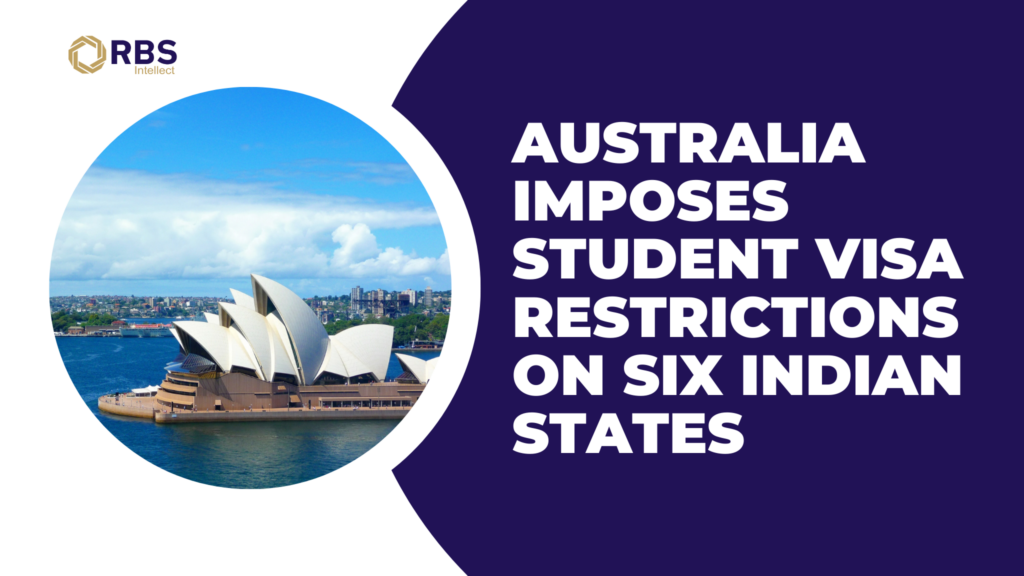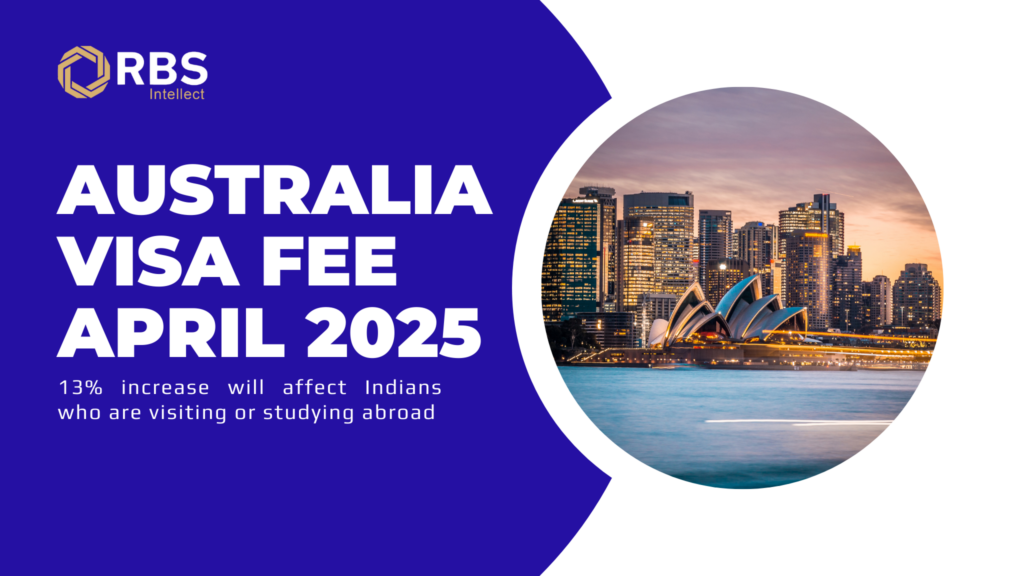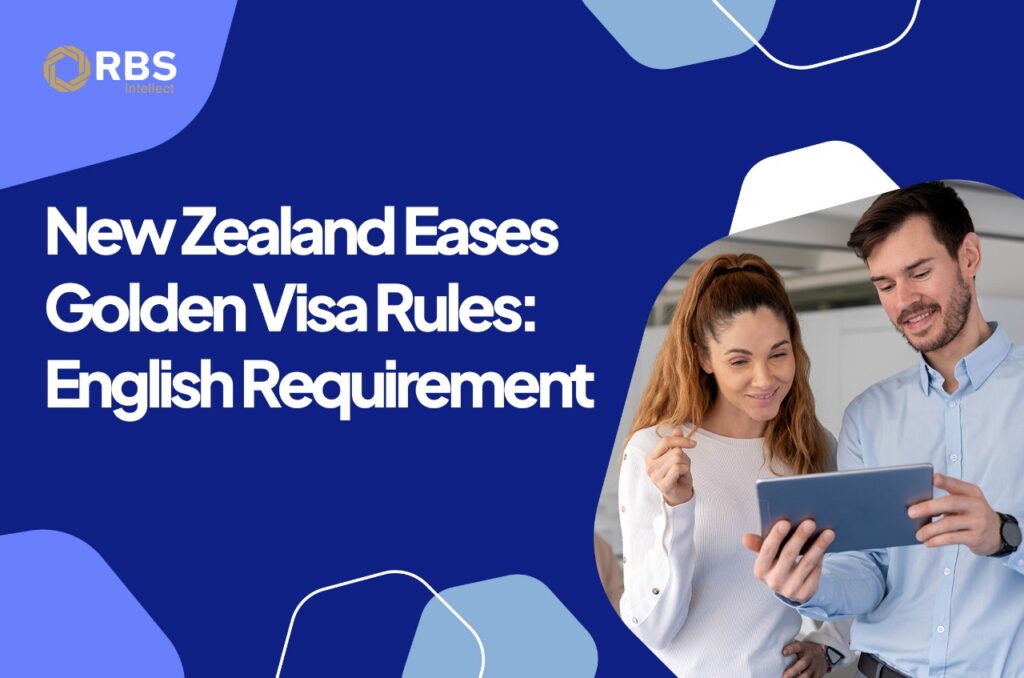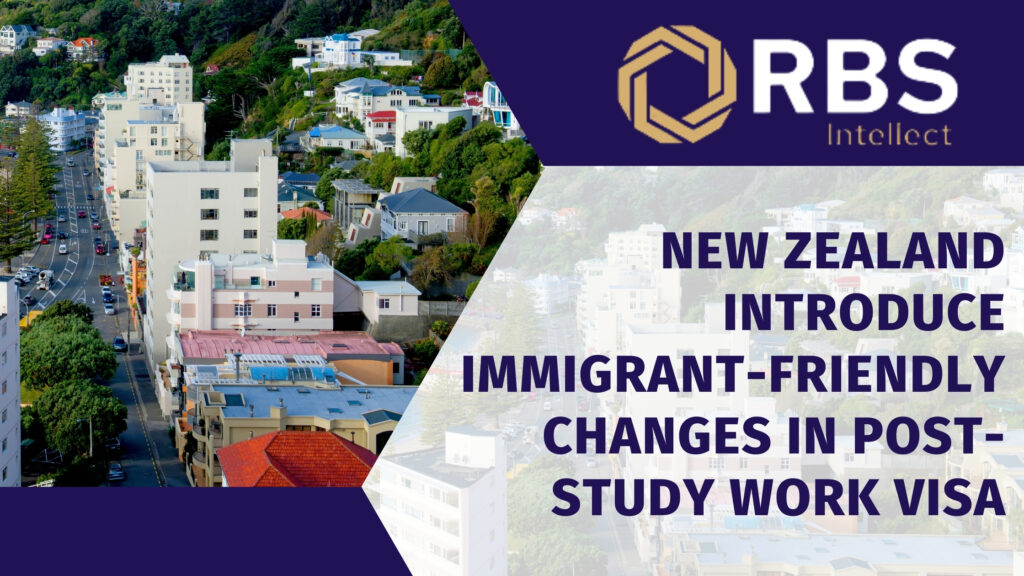Australia Imposes Student Visa Restrictions on Six Indian States
Rise in fraudulent applications prompts universities to tighten admissions process In a significant development, Australia has introduced student visa restrictions targeting applicants from six Indian states—Punjab, Haryana, Uttar Pradesh, Rajasthan, Gujarat, and Jammu & Kashmir—following a concerning increase in fraudulent applications. Authorities and institutions have reported that a growing number of individuals are misusing the student visa route as a backdoor to permanent residency, rather than for genuine academic pursuits. Universities Respond with Tighter Measures Reacting to this trend, several Australian universities have implemented strict measures. Some institutions have completely halted applications from these regions, while others have intensified scrutiny through enhanced verification processes. This shift comes amid fears that a surge in non-genuine applications could tarnish the credibility of Australia’s international education sector—a vital contributor to the nation’s economy. Collaboration with Government for Greater Oversight To restore confidence and ensure transparency, some universities are now working closely with the Australian Department of Home Affairs to apply stricter checks on student visa applications. This collaboration aims to protect the integrity of the visa program while deterring misuse. Genuine Students Face Frustration and Uncertainty The decision has sparked confusion and disappointment among genuine Indian applicants and education consultants. Many fear that legitimate students are being unfairly penalized due to blanket restrictions that do not differentiate between authentic and non-authentic cases. With India being one of the largest sources of international students in Australia, these restrictions could have long-term implications on student mobility and bilateral educational cooperation. Experts Call for Balanced Policy and Dialogue Industry experts stress the need for a balanced approach that addresses visa integrity without discouraging deserving candidates. The mid-year admission cycle is fast approaching, and uncertainty looms large for many students who have already begun the application process. Analysts warn that unless the issue is addressed through diplomatic dialogue and policy revision, it could strain India-Australia educational ties. The Way Forward While the restrictions are currently not uniform across all institutions, the move has prompted a larger conversation about the need for robust but fair immigration policies. The Australian government is now walking a tightrope—trying to protect the country’s security and the reputation of its education system, while also making sure that genuine international students aren’t unfairly turned away. To know more about study abroad opportunities, contact RBS Intellect today!





